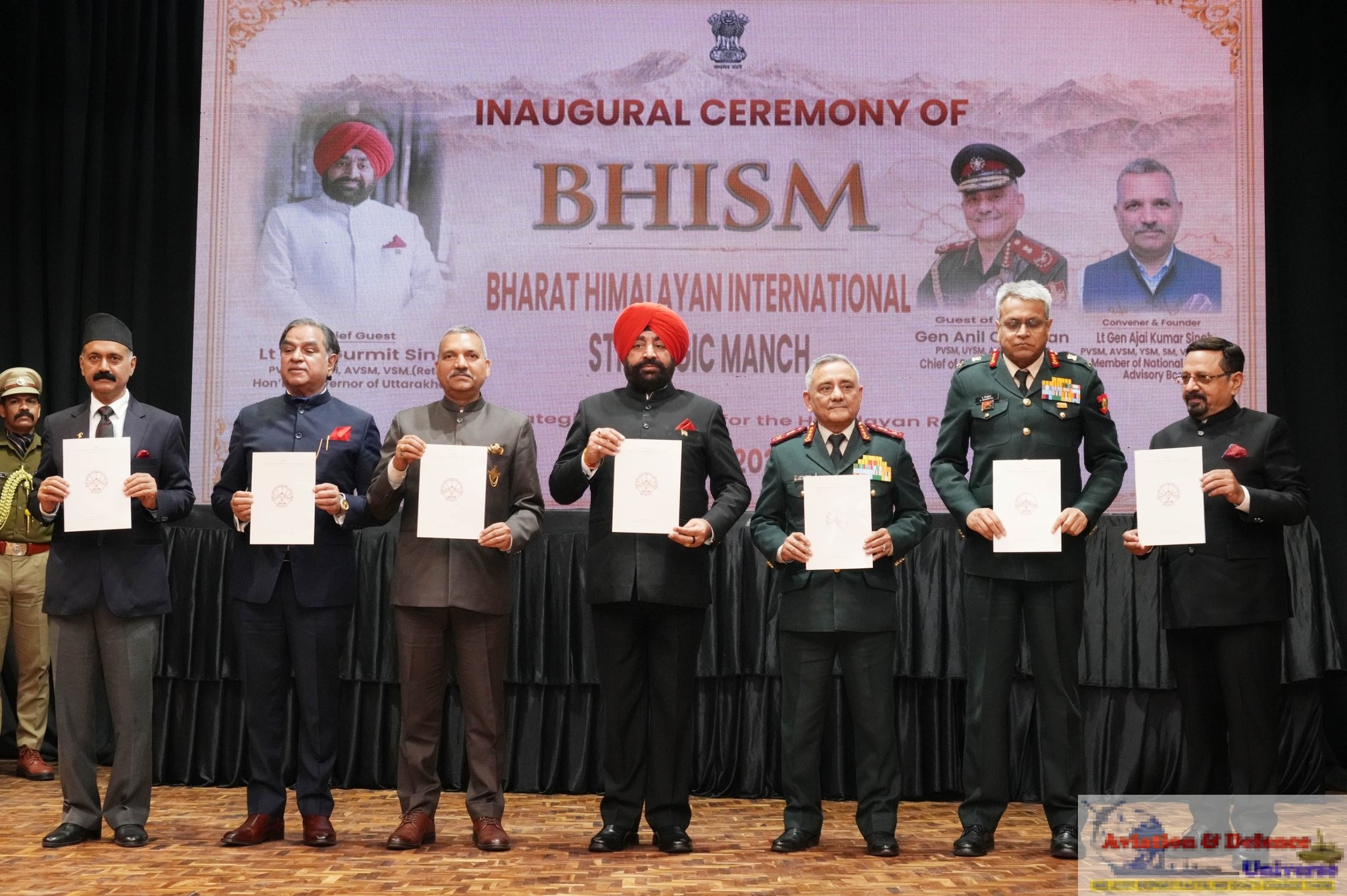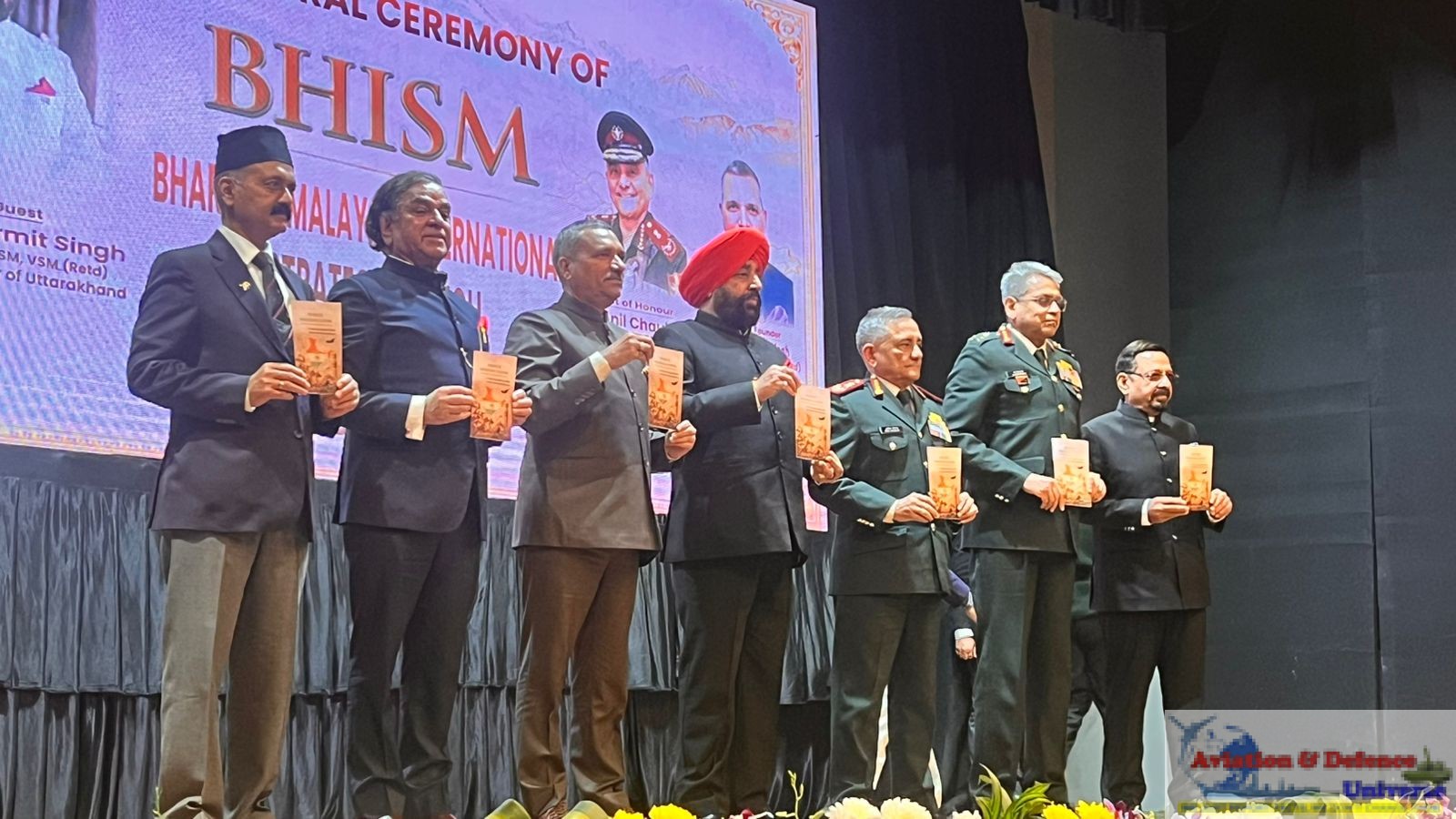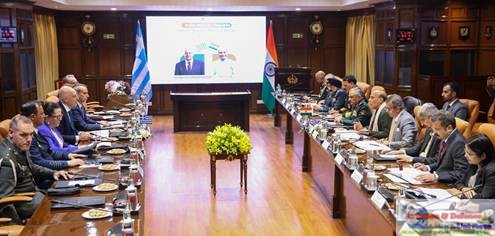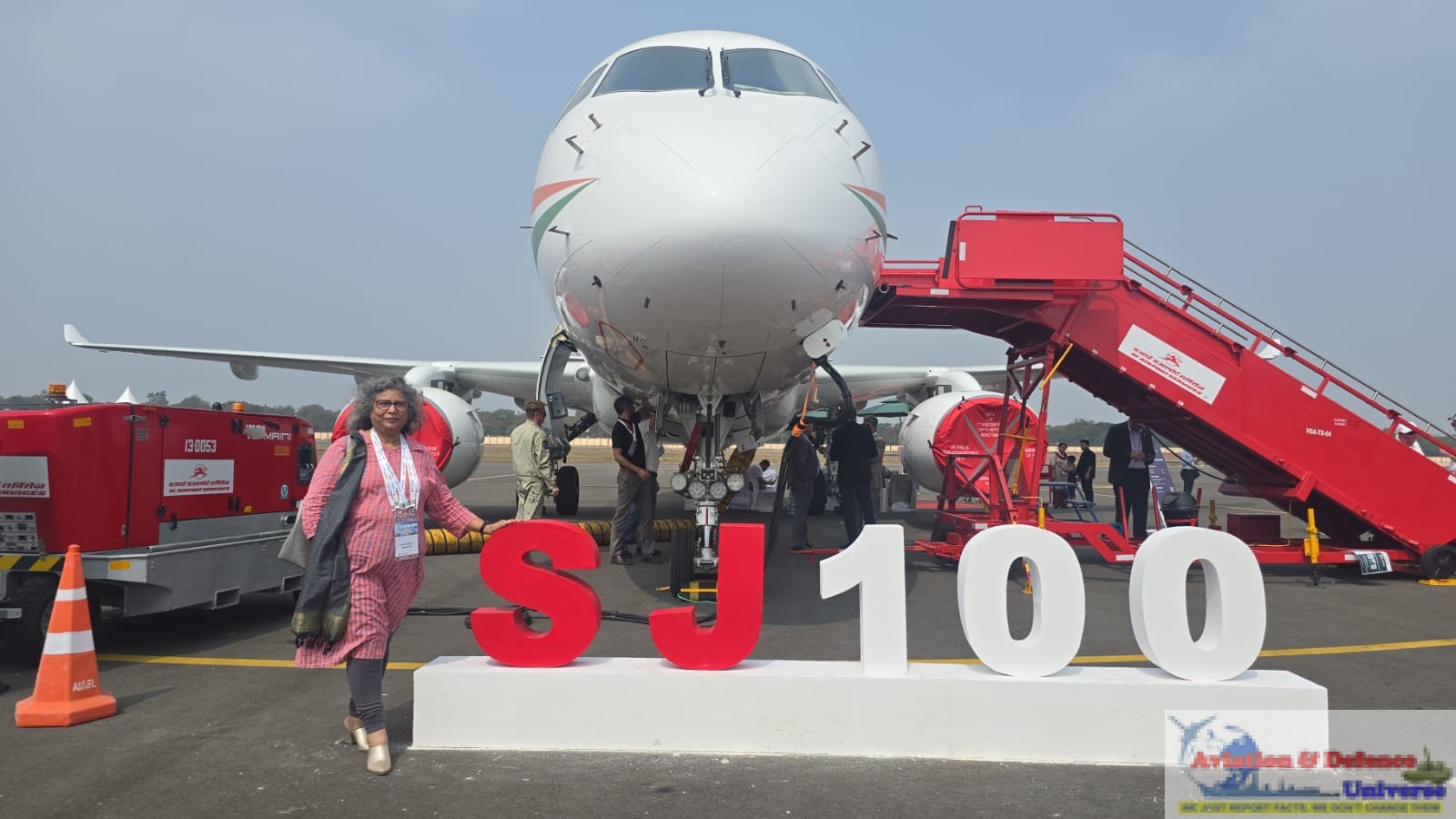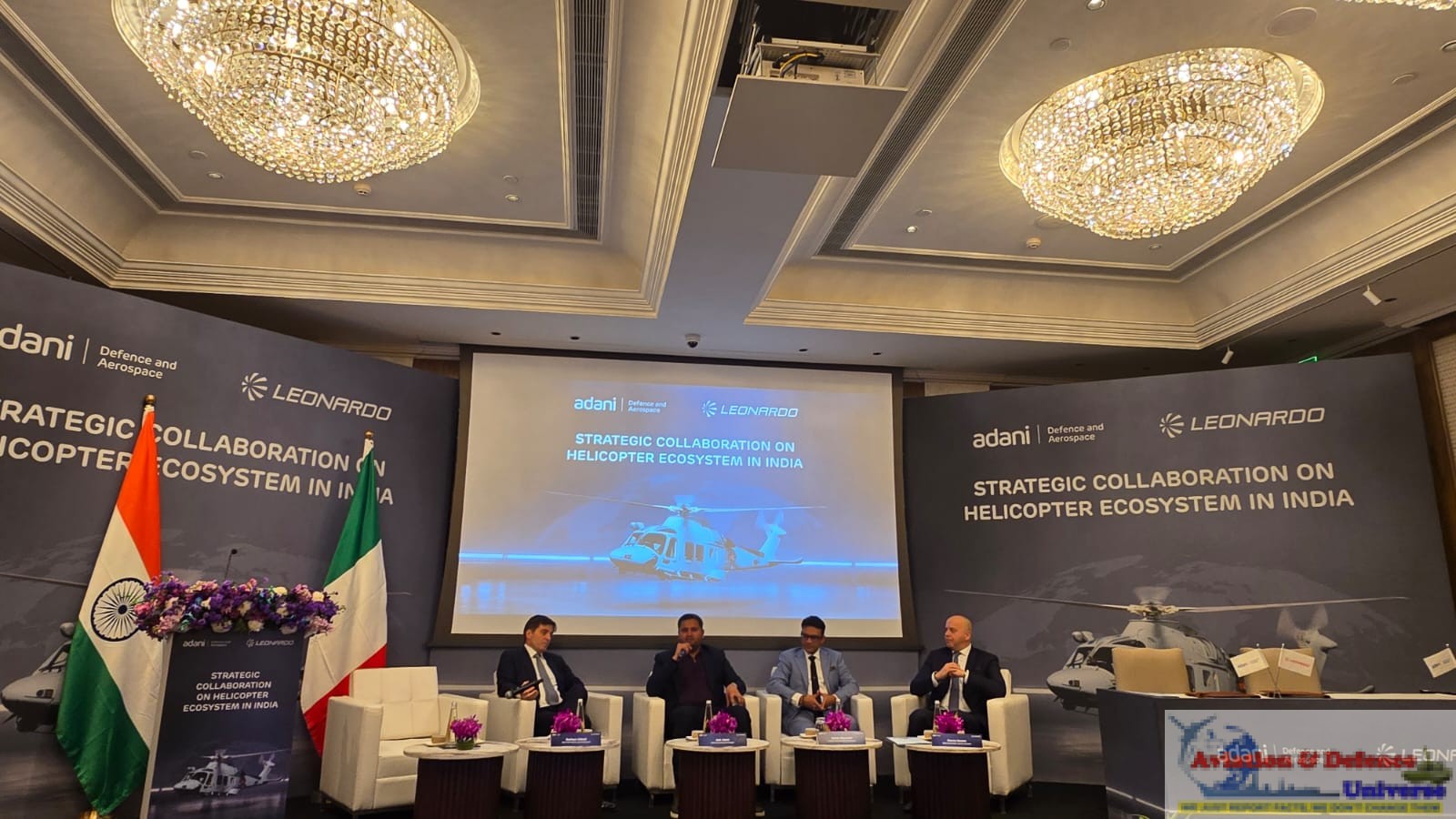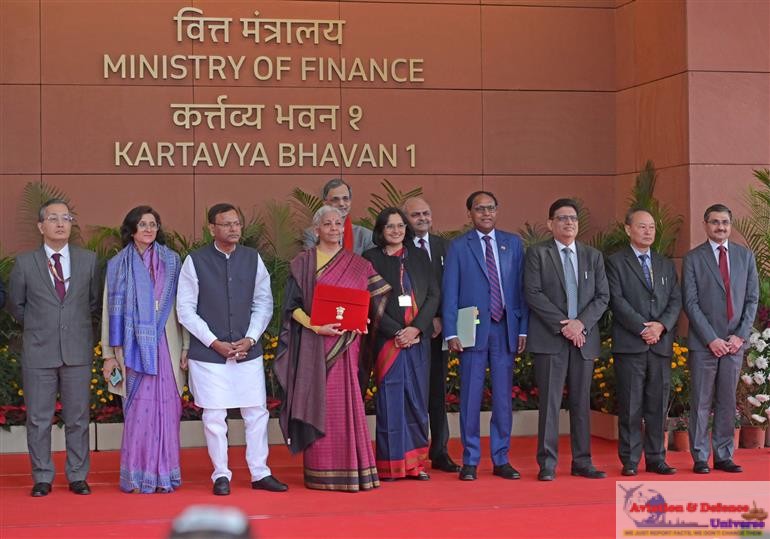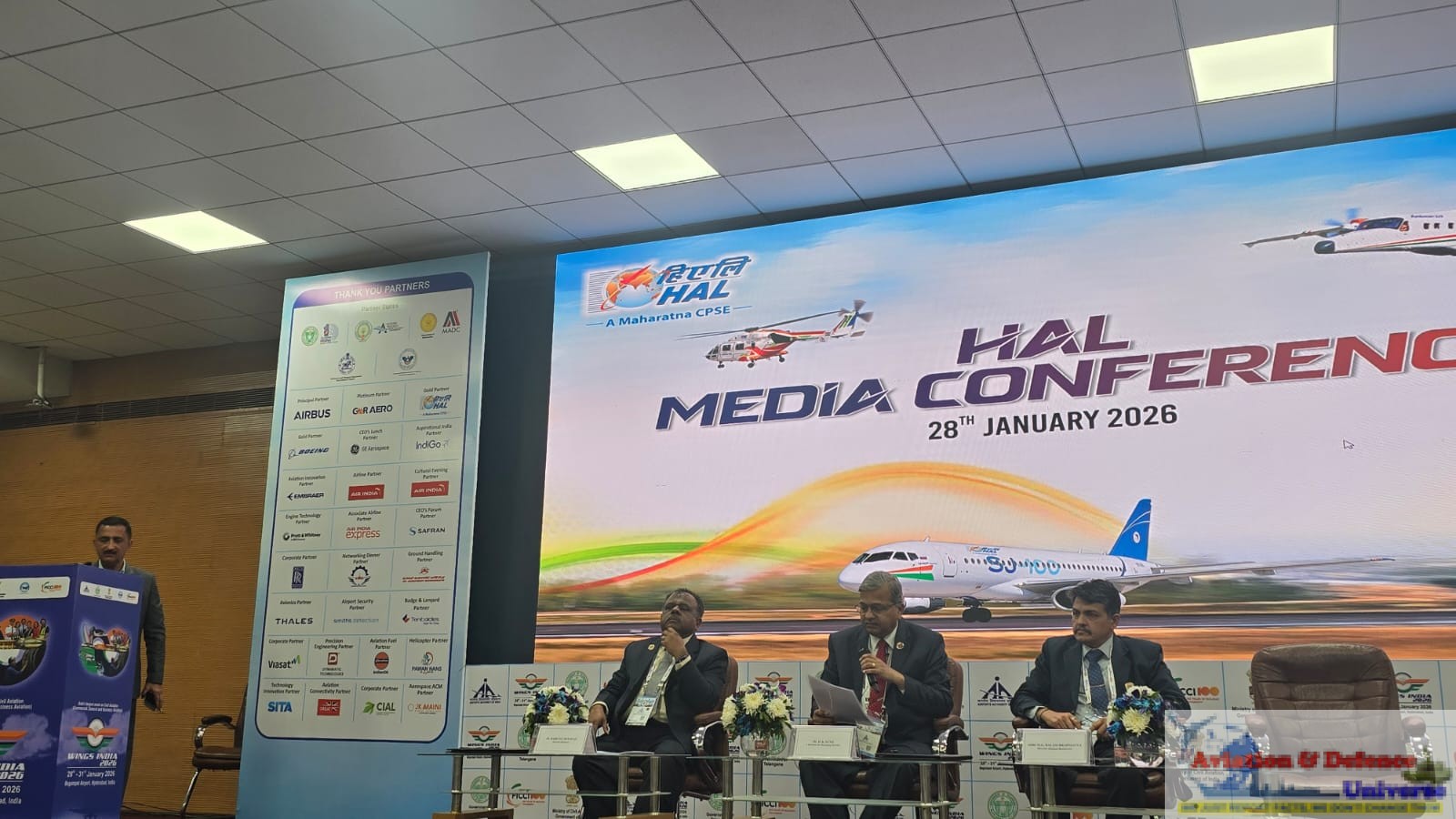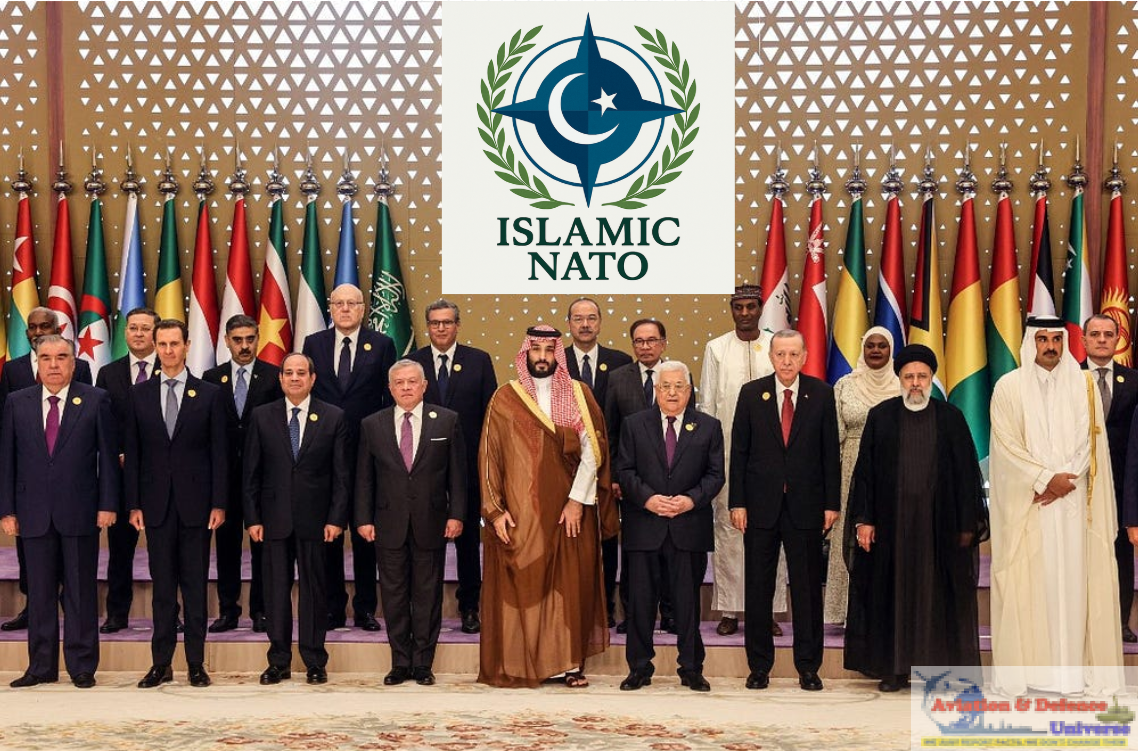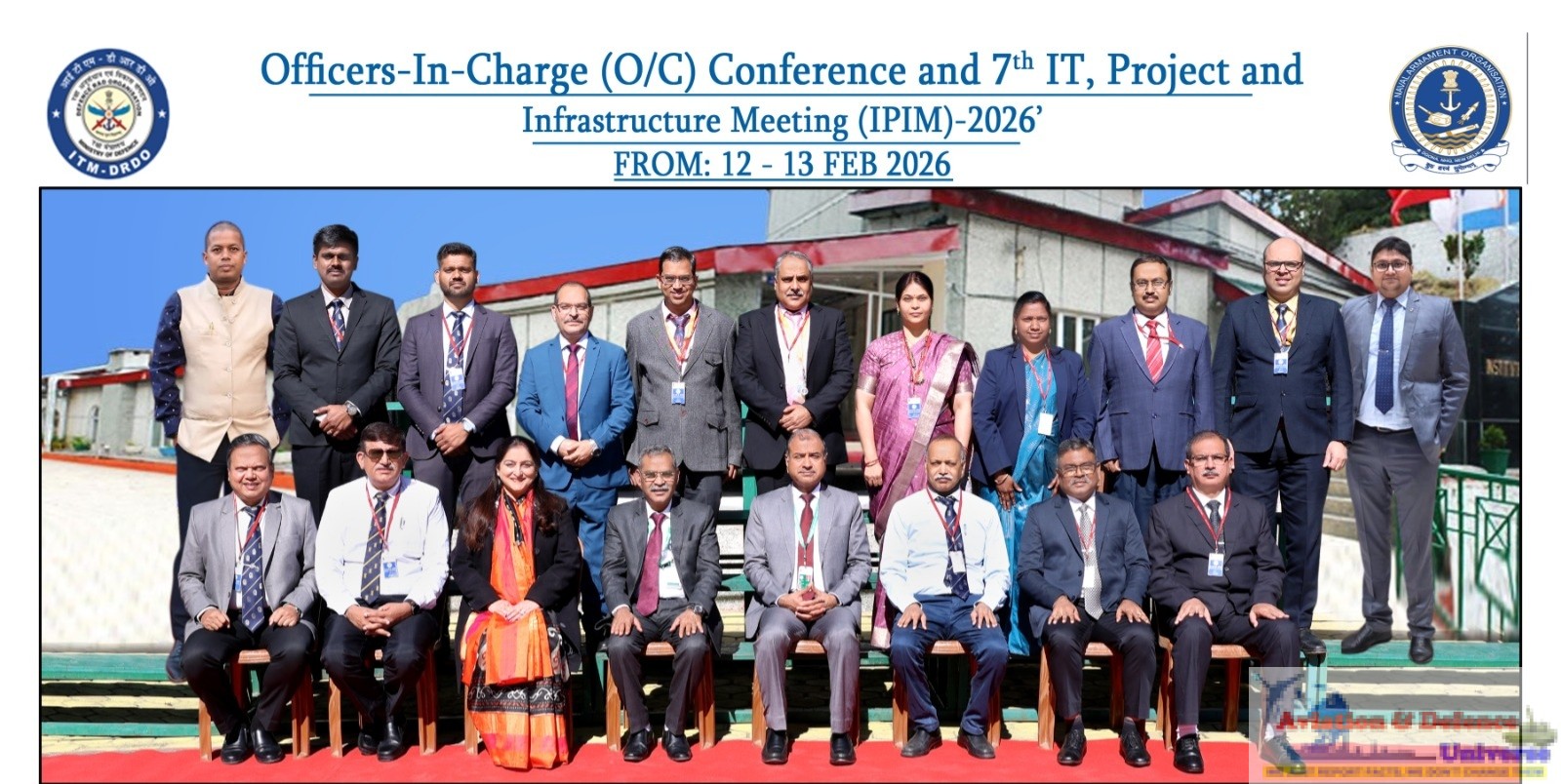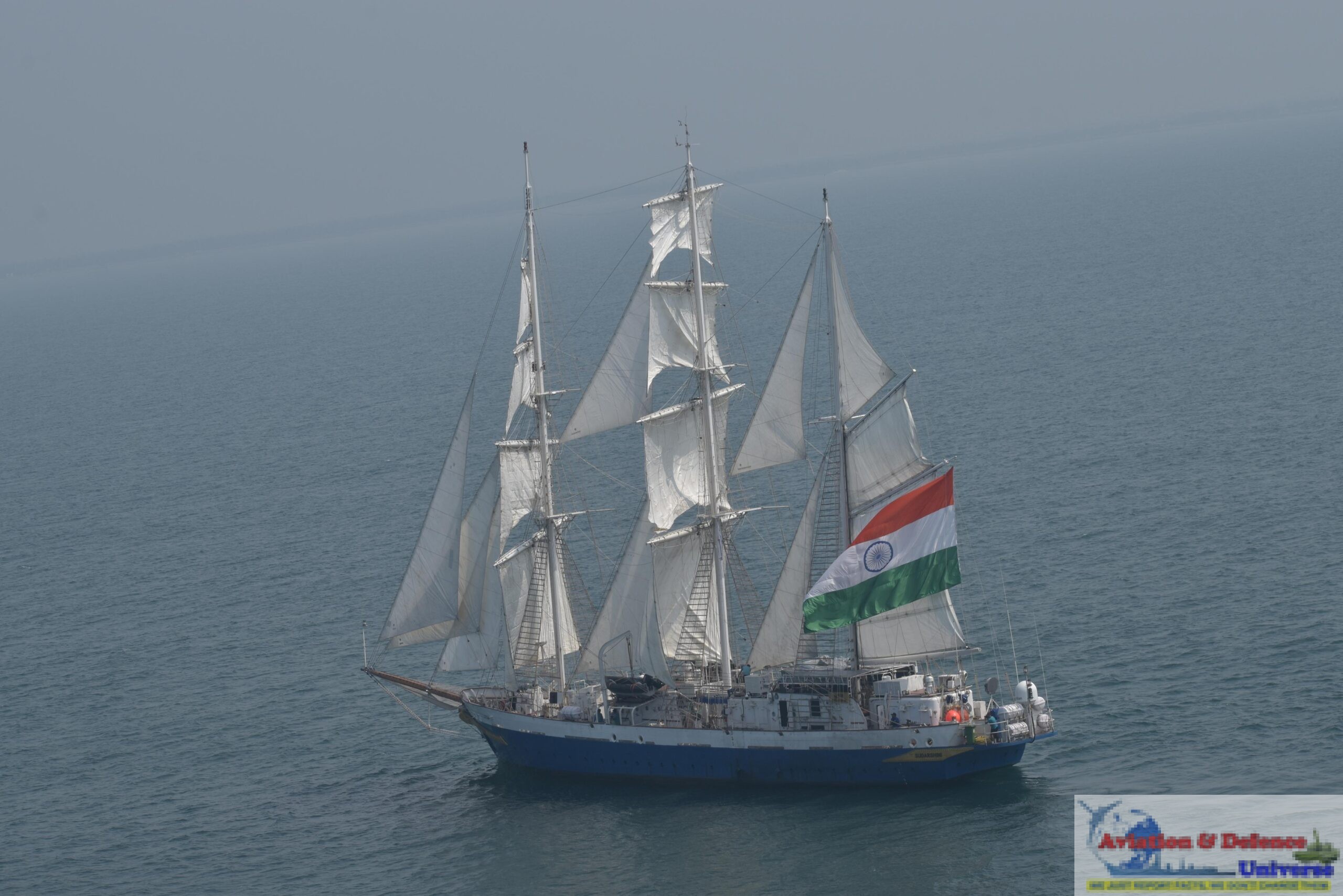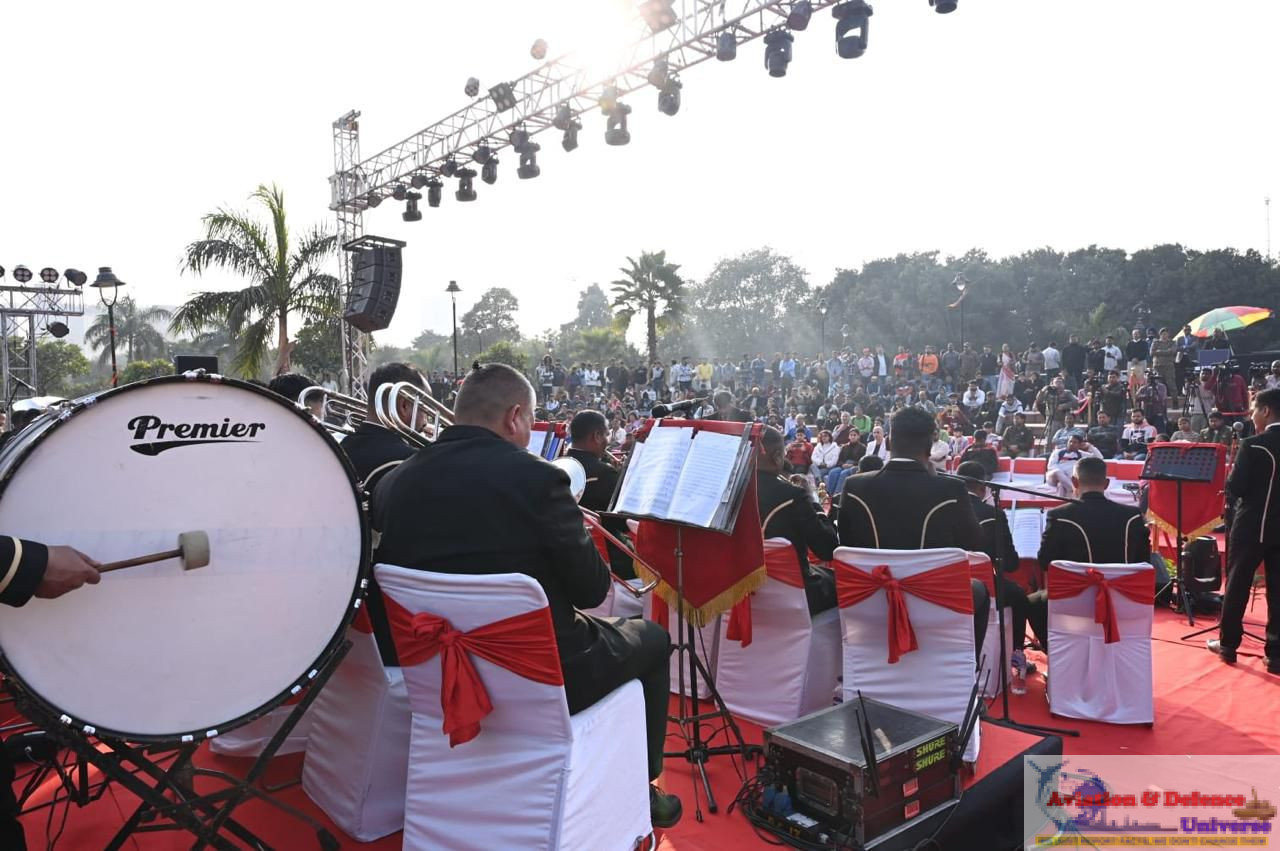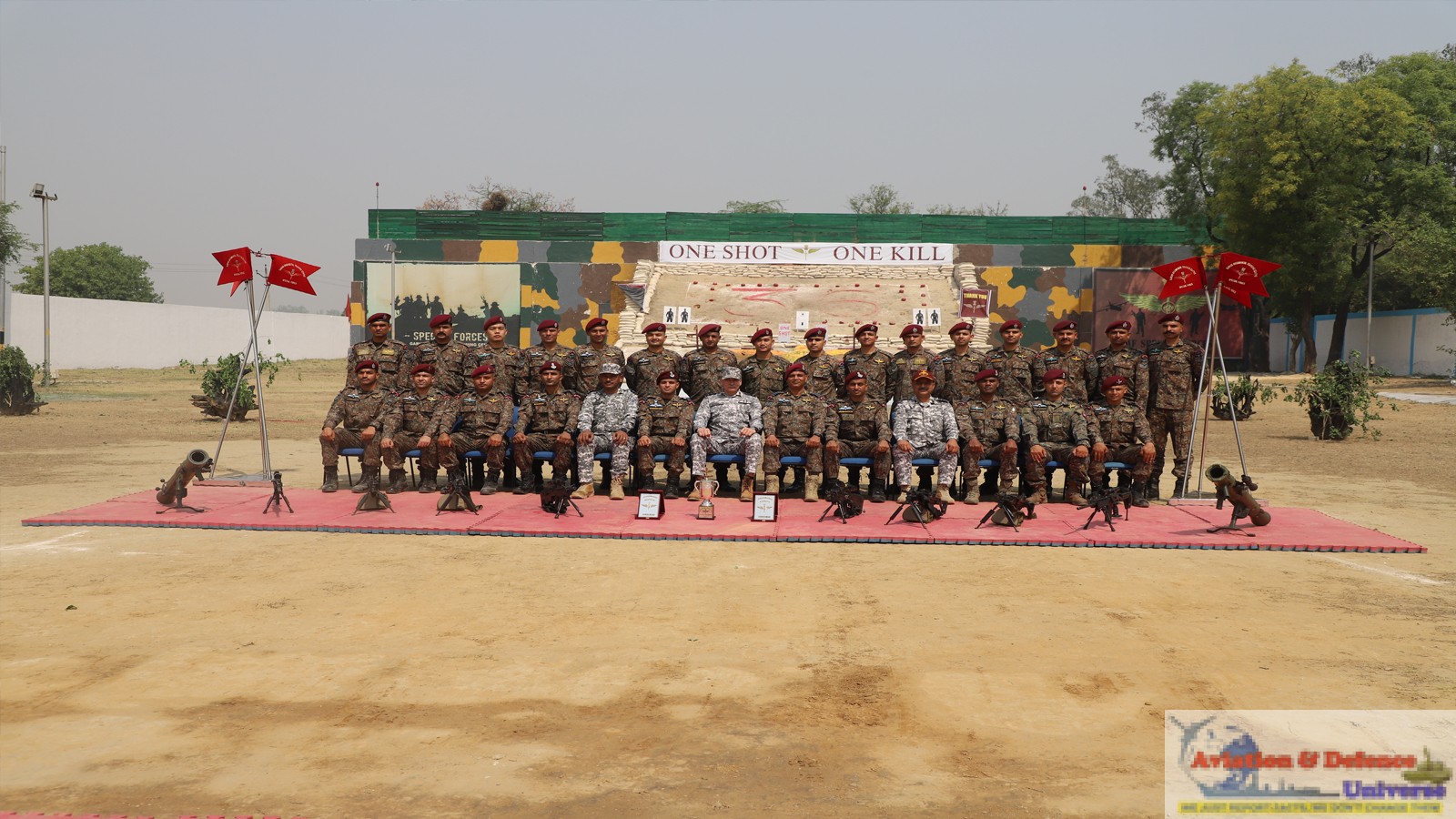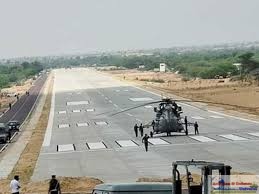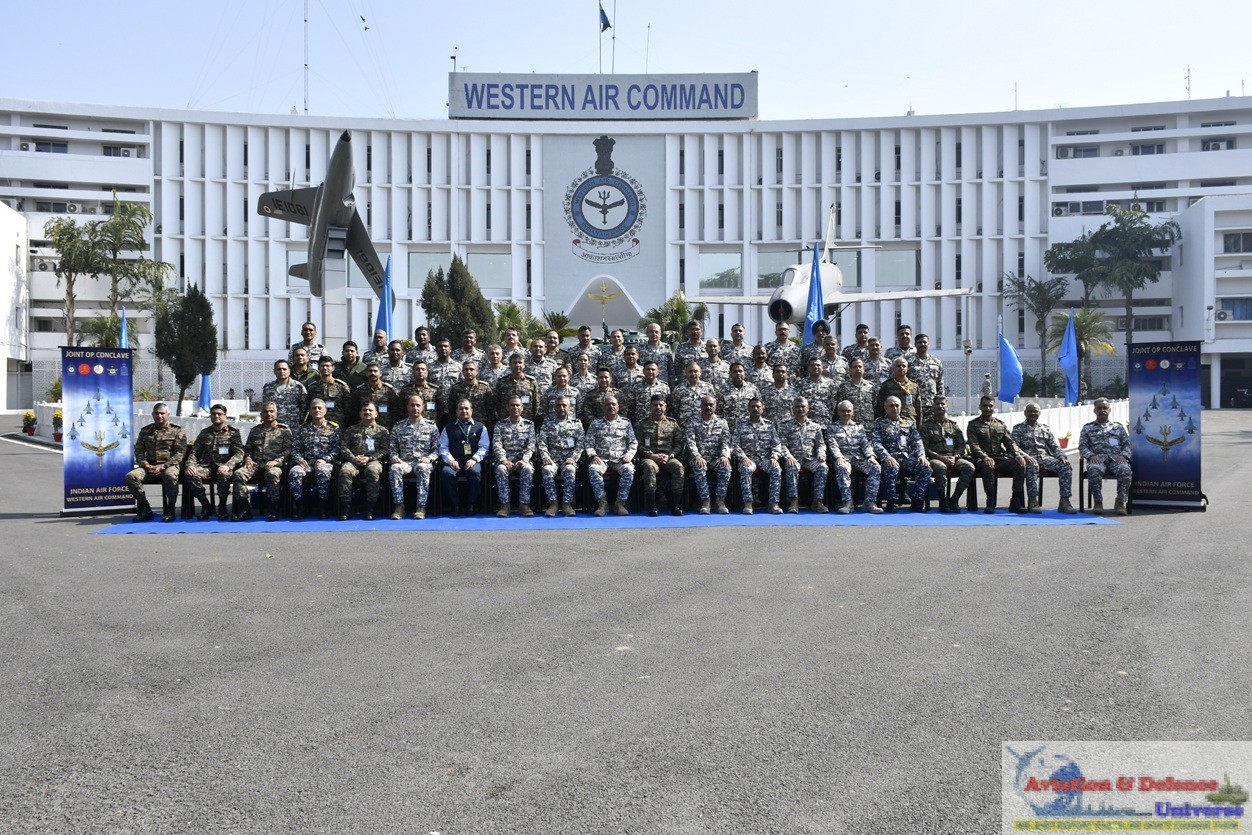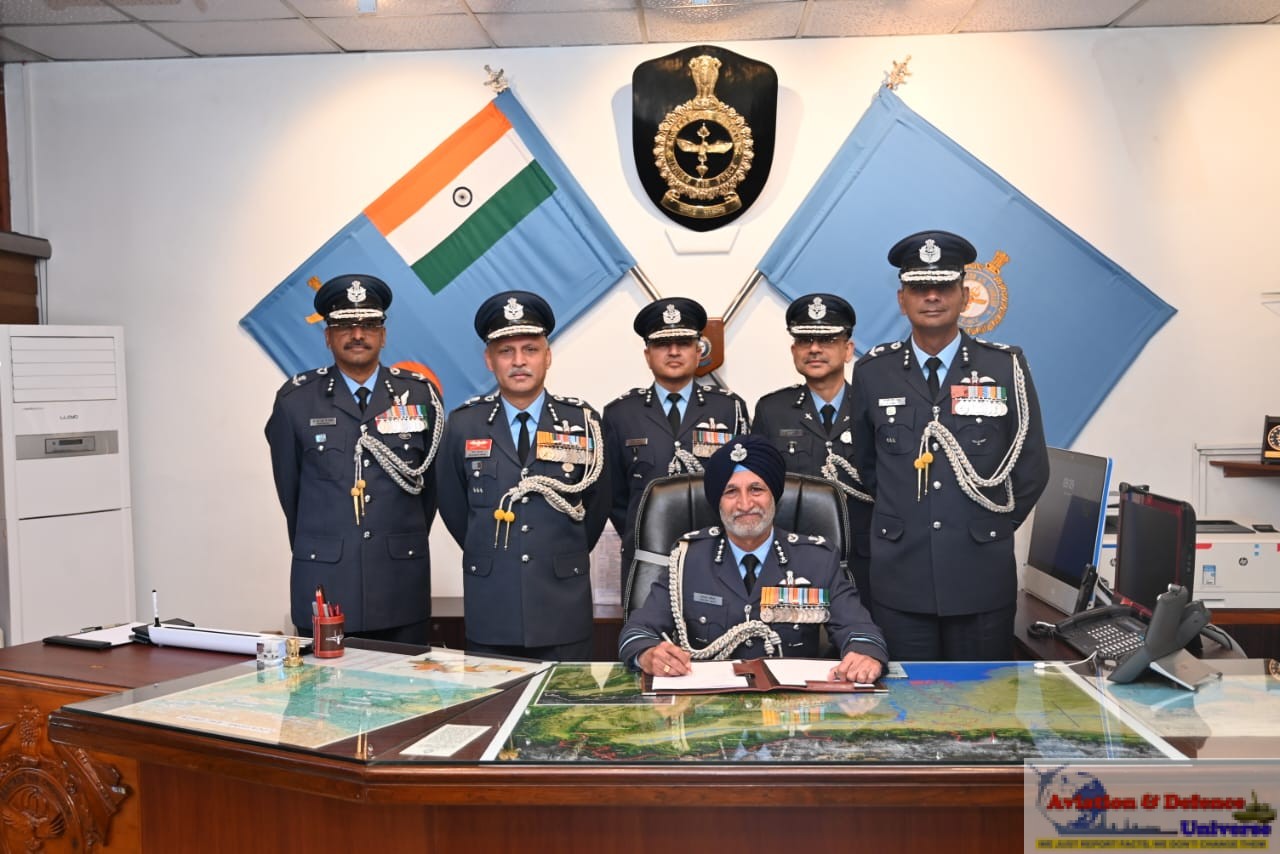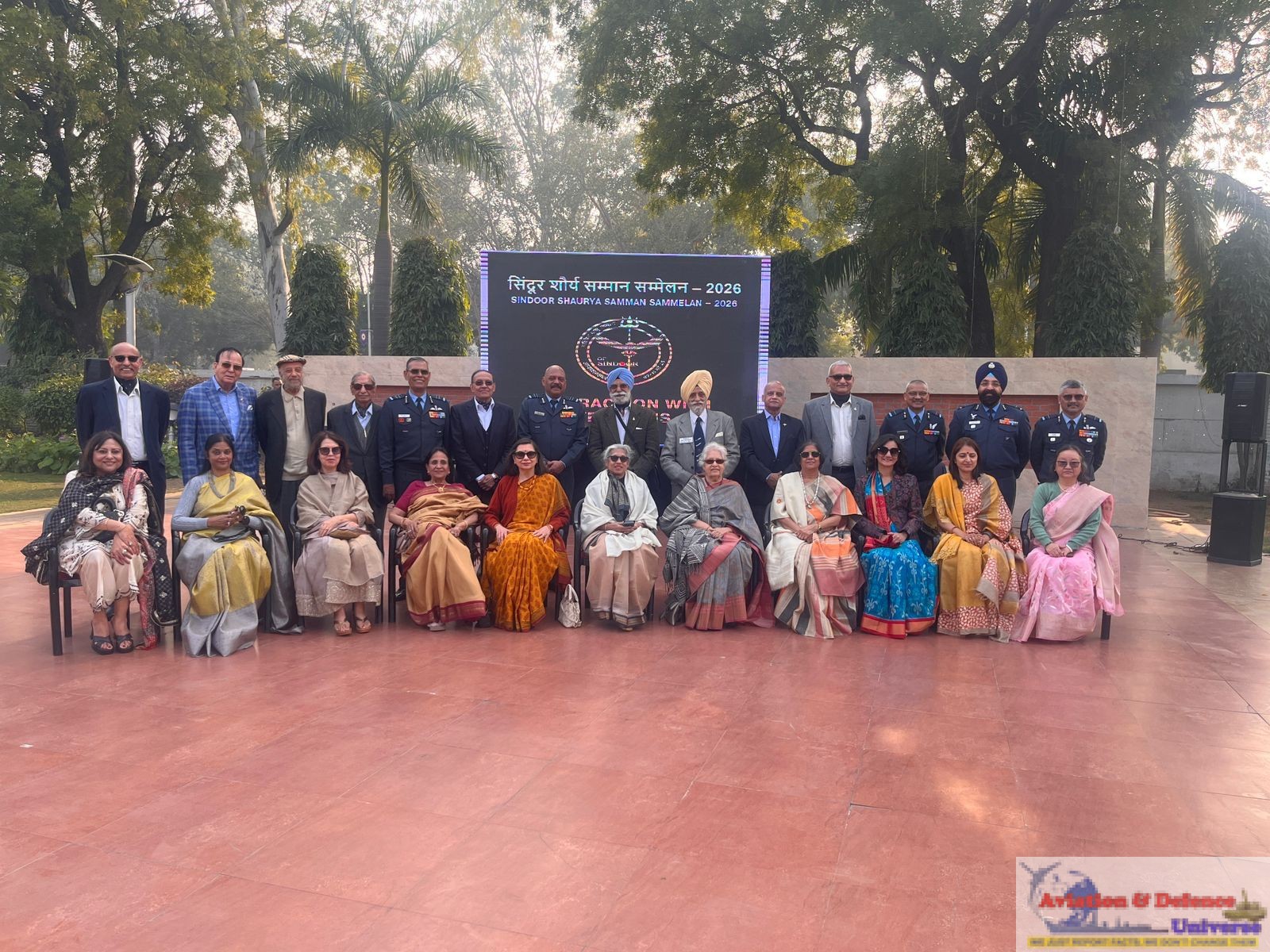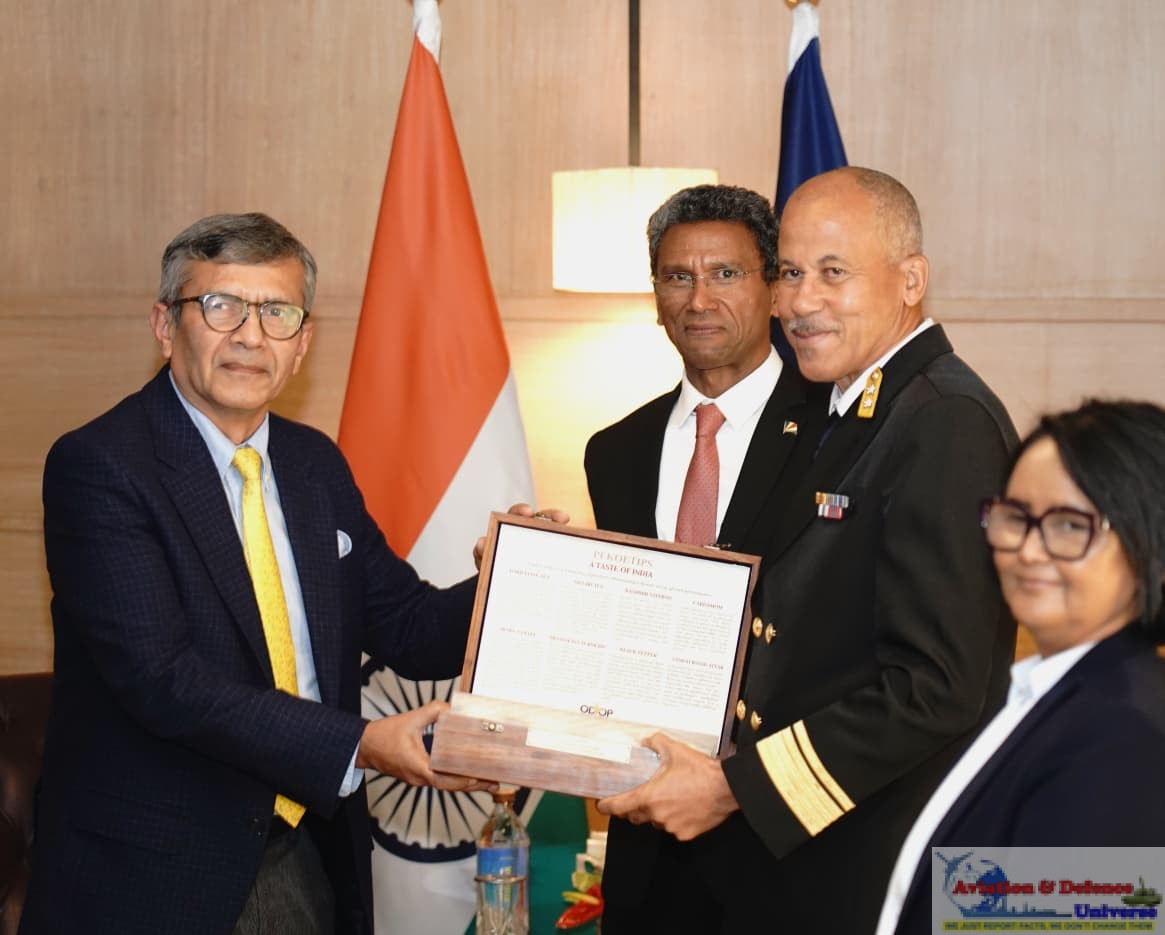 Greetings from KPMG in India!
Greetings from KPMG in India!
I am reaching out to you on behalf of KPMG in India to share that KPMG in India has launched its latest report, “Doing Business in Defence,” at the Defence Partnership Days, in collaboration with Indian Military Review.
The last few years have seen major conflicts erupt across the world. As countries flex their military power to defend their sovereignty, neighbouring nations continue to proactively take measures by investing in defence infrastructure and improving their capabilities to defend their borders. In context of this, this report looks at the industry in relation to the global context, upcoming opportunities, Indian regulatory landscape, market dynamics at play, KPMG in India value chain framework and market entry strategy for the startups/ MSMEs.
Commenting on the report, Cdr Gautam Nanda, Associate Partner, Aerospace, Defence and Space, KPMG in India, said, “In recent years, global conflicts have escalated, prompting countries to strengthen their military power to defend sovereignty. As a result, neighboring nations are proactively investing in defence infrastructure and enhancing their border security capabilities. The Indian defence industry is on a growth trajectory, driven by strategic initiatives and urgent security needs. As we move forward, we must remain committed to the vision of a self-reliant India, where our capabilities are built on a foundation of strength and innovation.”
Key Insights from the report include:
- The Global military expenditure rose for the ninth consecutive year in 2023, surpassing INR 2,01,81,600 crores (USD 2.4 trillion), accounting for 2.4% of global GDP.
- With increased government spending and focus on indigenisation, India’s defence budget has been on a steady rise. In FY23-24, INR 6,23,888 crores2 (USD 75.1 billion) was allocated for the total defence budget with a revised estimate of INR 6,21,541 crores 2 (USD 74.8 billion) for FY24-25. For FY24-25, the defence production has reached INR 25,144 crores3 (USD 2.98 billion) against the set target of INR 1,60,000 crore3 (USD 19.02 billion) and defence exports till date has achieved INR 21,083 crore3 (USD 2.50 billion).
- With the focus on upgrades and modernisation, the tri- services are building both conventional and unconventional capabilities and accordingly have developed capability roadmaps and indigenisation plans for future procurement programs. The government has launched multiple initiatives to encourage indigenisation and innovation such as positive indigenisation list, DPSU mandate list, iDEX and TDF, Srijan portal and formulation of defence corridors. The opportunities in the defence ecosystem flow from the procurement programs of the armed forces, technology roadmap and indigenisation plans. The ongoing and upcoming capital programs across land, airborne and naval platforms create a visible opportunity landscape for a total value of INR 12,45,090 crores4(USD 148.04 billion) over the next 10-15 years.
- We understand that the Aerospace and defence sector is complex sector with high end technologies and systems in place hence it is important to understand the value chain. KPMG in India team has anaylsed the defence industry value chain and segregated into 04 tiers which further sub-categorised into 21 sub-sectors. Based on the capability of the company, measured in terms of financial or technology and its strategic intent, the company decides the strategy to enter the market across these sub-sectors and the proposed options could be organic or in-organic. It also provides an overview of step by step approach for the new companies to enter the identified segment and explore the upcoming opportunities.
- Although the aerospace and defence sector is lucrative and promising sector for the new companies to enter into, but it has challenges and concerns to be addressed and taken into account. Being highly technologically complex and regulated market, it poses challenges in terms of certification, clearance, and turnaround time.












